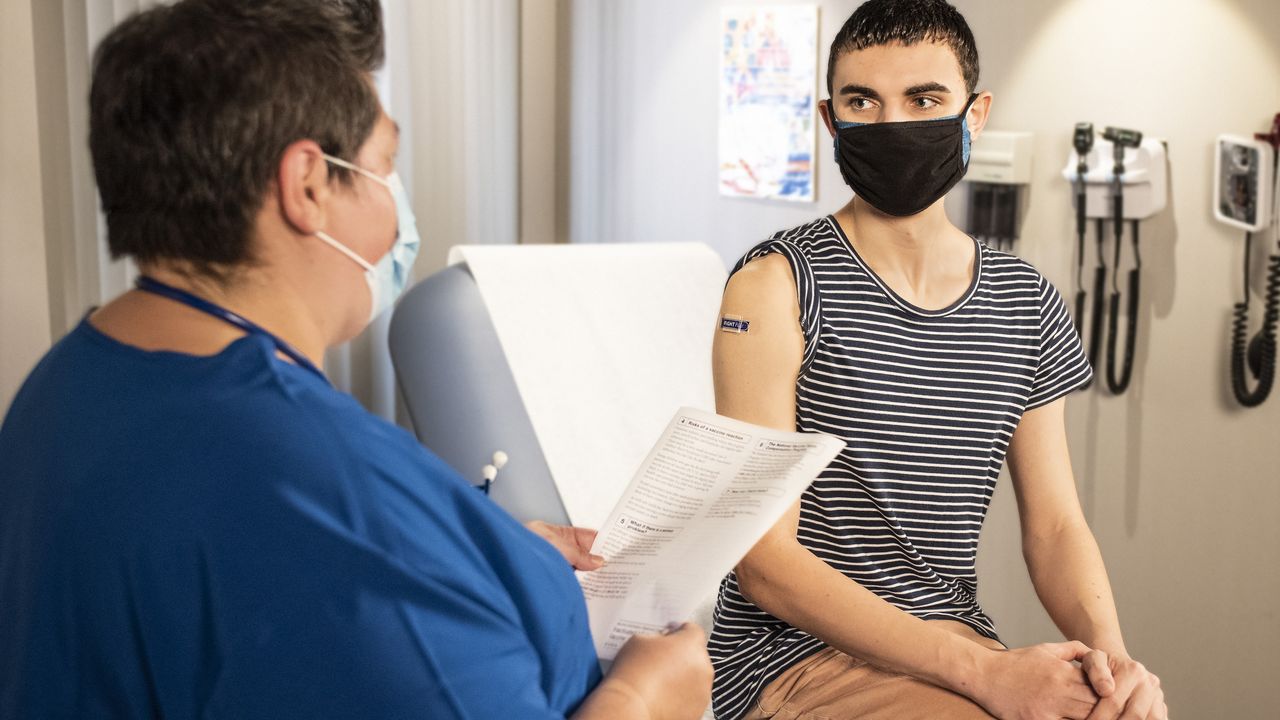For me, one of the hardest things healthwise for me moving across the world was the inability to access effective treatment for a rare medical condition.
It was frustrating to be told doctors had never heard of it and I was only offered treatments discredited as ineffective elsewhere. And like all people with a rare health condition, I place my hope in medical research.
So, I was excited to learn about the Netherlands startup OASYS NOW.
The company has developed a software platform called GRIP, which partners with major academic medical centres, hospitals, and patient organisations to share information about the latest treatments conducted through medical trials throughout Europe.
I spoke to Nima Salami, CEO and co-founder of OASYS NOW, to learn more. He asserts:
"Many patients have conditions for which they don't have years to wait."
Salami shared that he was inspired to start the company due to his childhood as a refugee, which required frequent migration.
"My mom has a chronic health condition which requires prescription medication. Upon entering a new country, she lacked access to her health records to show the doctor to get prescription medicine. And this was life-threatening."
“Like many chronic disease patients, my mother, unaware of when - if ever - curative treatment options would become available for her, perceived her health condition as something she had to carry through for the rest of her life.
In response, he founded OASYS NOW and set out to build a patient-centric personalied health platform that addresses the current shortcomings of digital systems in healthcare, and, complementarily, enables more equitable and globally collaborative clinical
research.
Clinical trials are among the most significant ways people with rare health conditions find new treatment.
Salami notes:
"They're most likely to be in a position where they prefer trying something new that can potentially improve their lives over living with their health condition."
However, one of the biggest challenges of clinical trials is recruitment. According to Salami, around 80 percent of trials fail to meet the initial enrollment target and timeline, and these delays can result in lost revenue of up to $8 million per day for drug-developing companies.
GRIP streamlines the research by bringing together prospective patients and research studies. It aims to automate and speed
up this process by digitally conducting most of these steps through its platform.
Patients get access to new treatment options through research all across Europe, regardless of where they live, and researchers get study participants.

Financially, the company secures a recruitment fee from the study for successful matches between patients and research studies.
Significantly, Oasys Now operates based on the principle that individuals have control over their own data. In other words, people decide who gets access to their information.
Salami asserts:
"We're entering a new era where, with access to real-world patient data, we can cater to a lot better personalised experiences, and it is a way that data use doesn't compromise people's privacy."
Currently, most of us can't even access our own information easily, let alone if we migrate. Instead, we all have a disparate medley of healthcare data between various health service providers, from hospitals to laboratories to clinics and optometrists.
OASYS NOW's platform also benefits healthcare providers who can access multiple clinical trial databases and identify relevant trial options for their patients with the click of a button. Health data is automatically matched to clinical trial eligibility criteria, so their patient gets personalised matches.
Currently, the company is focused on helping patients in cardiology, rare diseases and multiple chronic diseases.
It's partnering with health disease organisations to help patients find the right treatment. The cross-border approach means Oasys facilitates the relationship between you, the research institution, and your local health care provider. For example, undertaking a drug clinical trial could be supervised by your local hospital or healthcare provider who can administer the medication.
And it's part of a bigger plan. Salami shared:
"Our goal is to eventually be an end-to-end platform where from the moment the patient is looking for a medicine until the moment they receive the medicine and their life after receiving the medicine, we continuously gather evidence on treatment and research effectiveness."
The company raised €285,000 in Pre-Seed investment in 2023 and aims for a Seed round this year.
Lead image: CDC.



Would you like to write the first comment?
Login to post comments